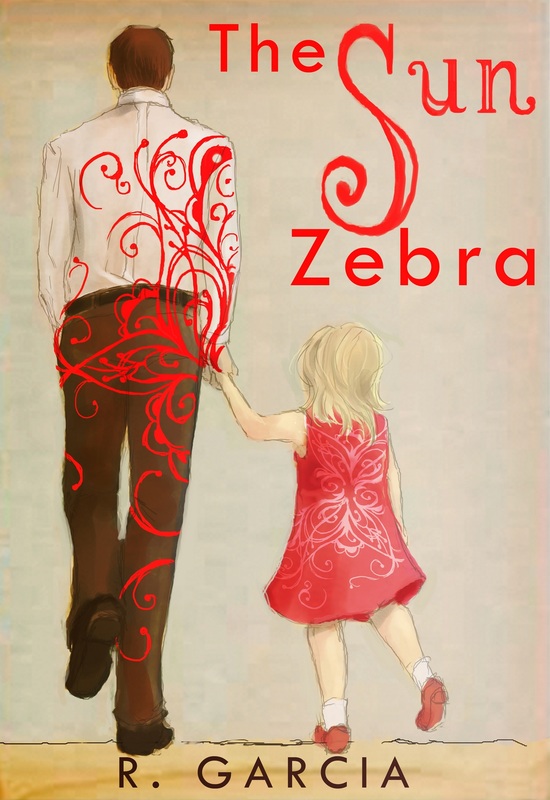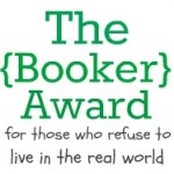5 stars: I love it.
4 stars: I like it.
3 stars: It's OK.
2 stars: I don't like it.
1 star: I hate it.
However, consider the ranking that is used at the website Goodreads:
5 stars: it was amazing
4 stars: really liked it.
3 stars: liked it.
2 stars: it was OK.
1 stars: didn’t like it.
So here is the issue. The “average” rank in Goodreads is 2 stars (“it was OK” is in between “liked it” and “didn’t like it”). This is because the Goodread’s scale is skewed. The “good” side is covered by 3-5 stars, while the “bad” side is compressed into 1 star.
I have seen that some reviewers that post their reviews on Goodreads often post the same reviews on Amazon. The problem is, for example, that an “OK” 2 star ranking on Goodreads is not the same as a 2 star ranking on Amazon. A 2 star ranking on Amazon means the reviewer didn't like the book. Similarly, sometimes I have been left scratching my head when I read a positive review on Amazon and then see the reviewer gave the book 3 stars (it's OK). Often after checking I have found that the reviewer has posted many reviews on Goodreads where 3 stars mean they like the book. I know that the meaning of the stars in both websites "pops up" when you move the cursor over them, but I think many reviewers that are accustomed to the Goodreads system often don't take this into account.
I am not saying that one system is better than another, but there is a reality. If you go to the major book blogs you often find that they require a minimum rank of 4 stars on Amazon (not Goodreads) to consider featuring your book when you do a free promotion. Each day 3,000 books go free on Amazon and the competition for advertising space is fierce (unless you pay for it). So if we go by this “rule” you can see how ranking books on Amazon using the Goodreads scoring system can lower the ranking of books and create problems for authors. This is especially true in the first few months after publication when a book is vulnerable to swings in the rankings. Just consider that to neutralize the effect of one 3 star review (bring it up to 4 stars) you need one 5 star review. To neutralize the effect of a 2 star review you need two 5 star reviews. And as we know, unless a book is an overnight sensation, getting reviews is slow, hard work.
Of course I realize the above is an oversimplification and it is unfair to single out Goodreads reviewers. Many reviewers have their own system as to what the stars mean, and you can just as easily make the opposite argument (i.e. that Amazon reviewers flocking to Goodreads undeservedly inflate the ranking of books). Also the general ranking of books at Goodreads does not seem to be lower than on Amazon. I researched several books on both websites and found the ranking could go either way.
However, it would be nice if major sites like Amazon and Goodreads would harmonize their systems to avoid this ambiguity that can have potential adverse effects on the work of authors.
***
If you like this blog you can have links to each week's posts delivered to your e-mail address. Please click here.


 RSS Feed
RSS Feed



